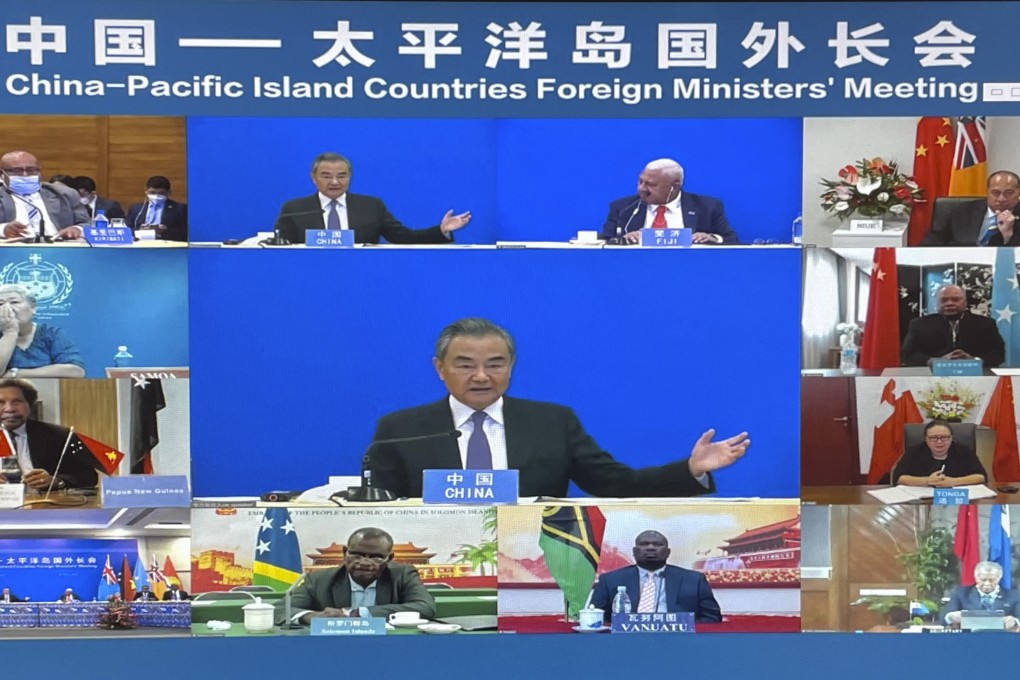US investment talks challenge China to step up in the South Pacific
- US Office of the Trade Representative led an inter-agency delegation this week to the region that has historically aligned with nearby US allies Australia and New Zealand
- Analysts say the move shows how Washington believes Beijing has grown closer with South Pacific leaders

The United States intensified its competition with China this week by holding investment talks with South Pacific leaders after Beijing offered a rapid expansion of economic support last year for the vast, traditionally Western-allied region that is keen on obtaining foreign help.
On Monday, deputy assistant US trade representative Colette Morgan led an inter-agency delegation to the US-Pacific Islands Trade and Investment Dialogue for senior leaders, the Office of the US Trade Representative said in a statement on Thursday.
This week’s event in the region that has historically aligned with nearby US allies Australia and New Zealand indicates that Washington thinks Beijing has grown closer with South Pacific leaders, according to analysts.
How could this not be of concern to China?
“This kind of strategy in combination with similar efforts by allies and like-minded states can contain or lessen China’s influence in the South Pacific,” said Fabrizio Bozzato, senior research fellow at the Tokyo-based Sasakawa Peace Foundation’s Ocean Policy Research Institute. “This is what the Chinese don’t want to see happening in the region.”